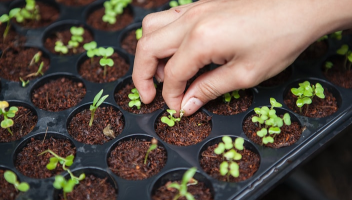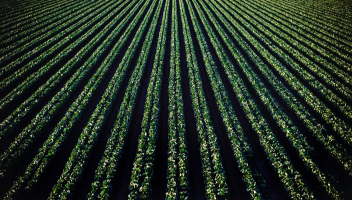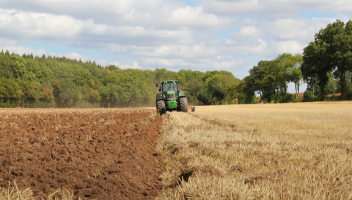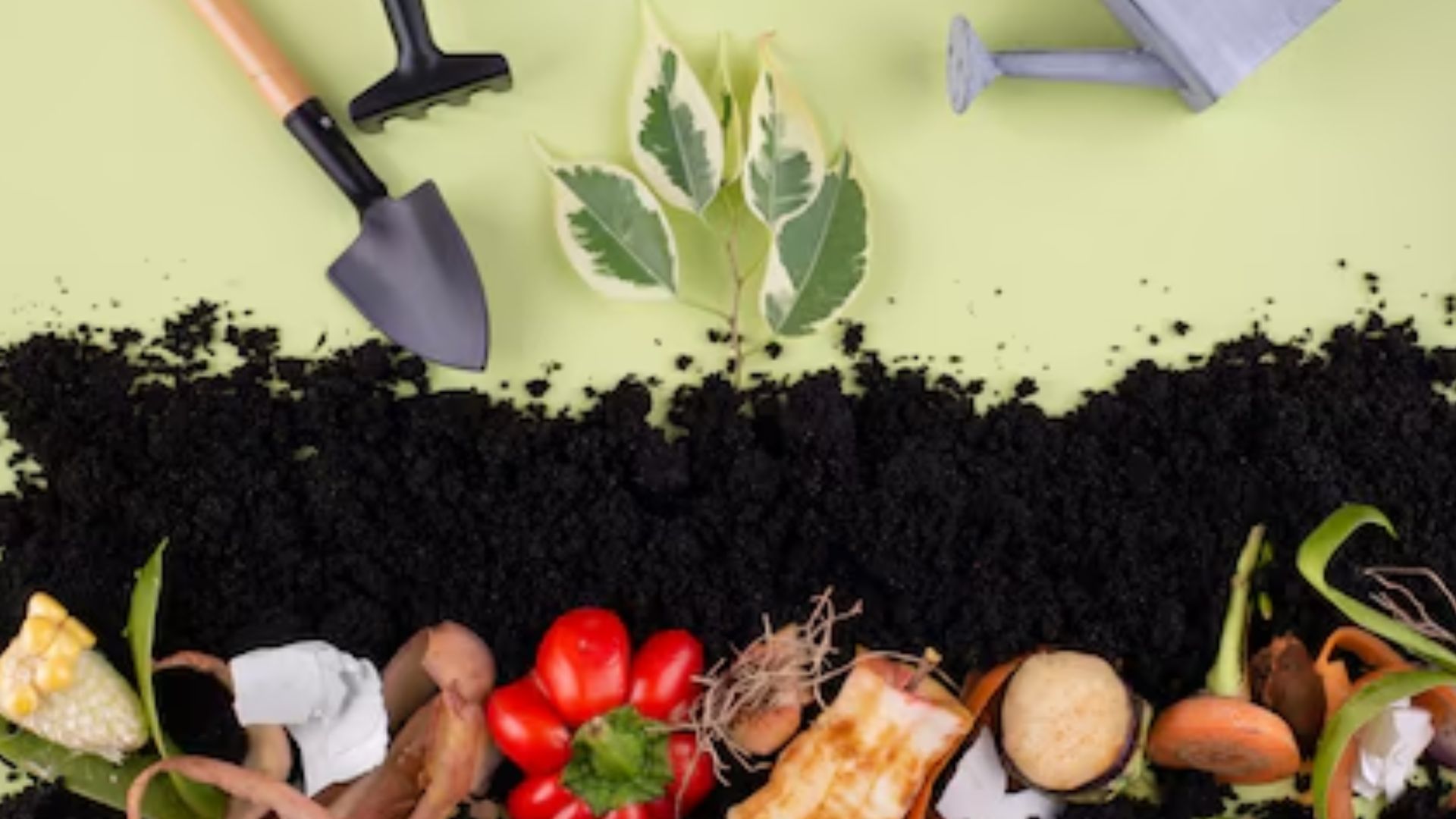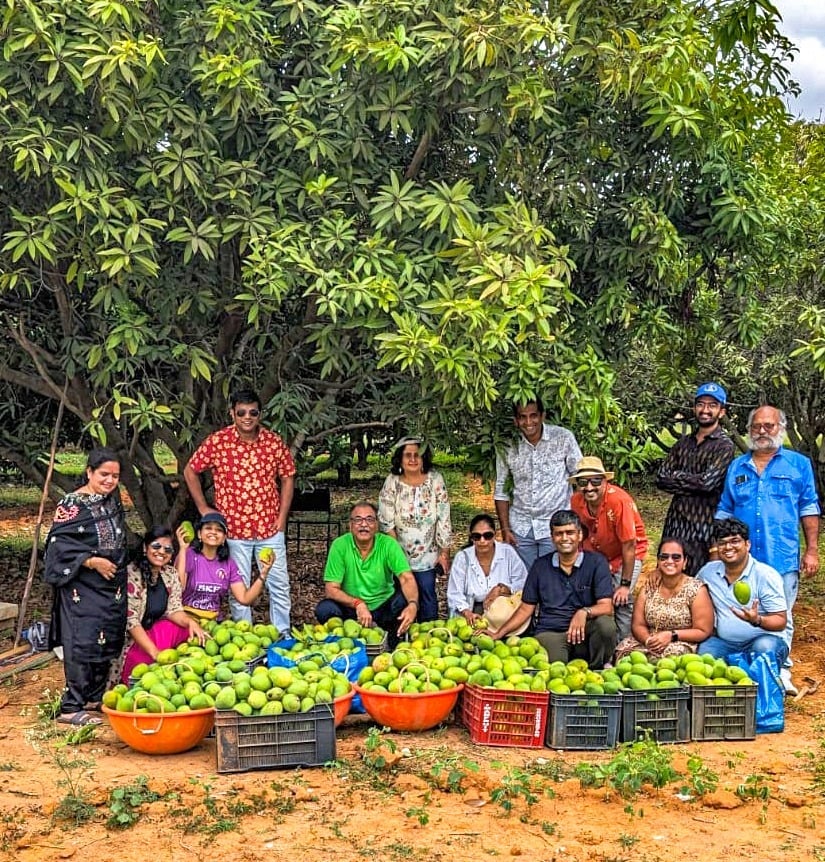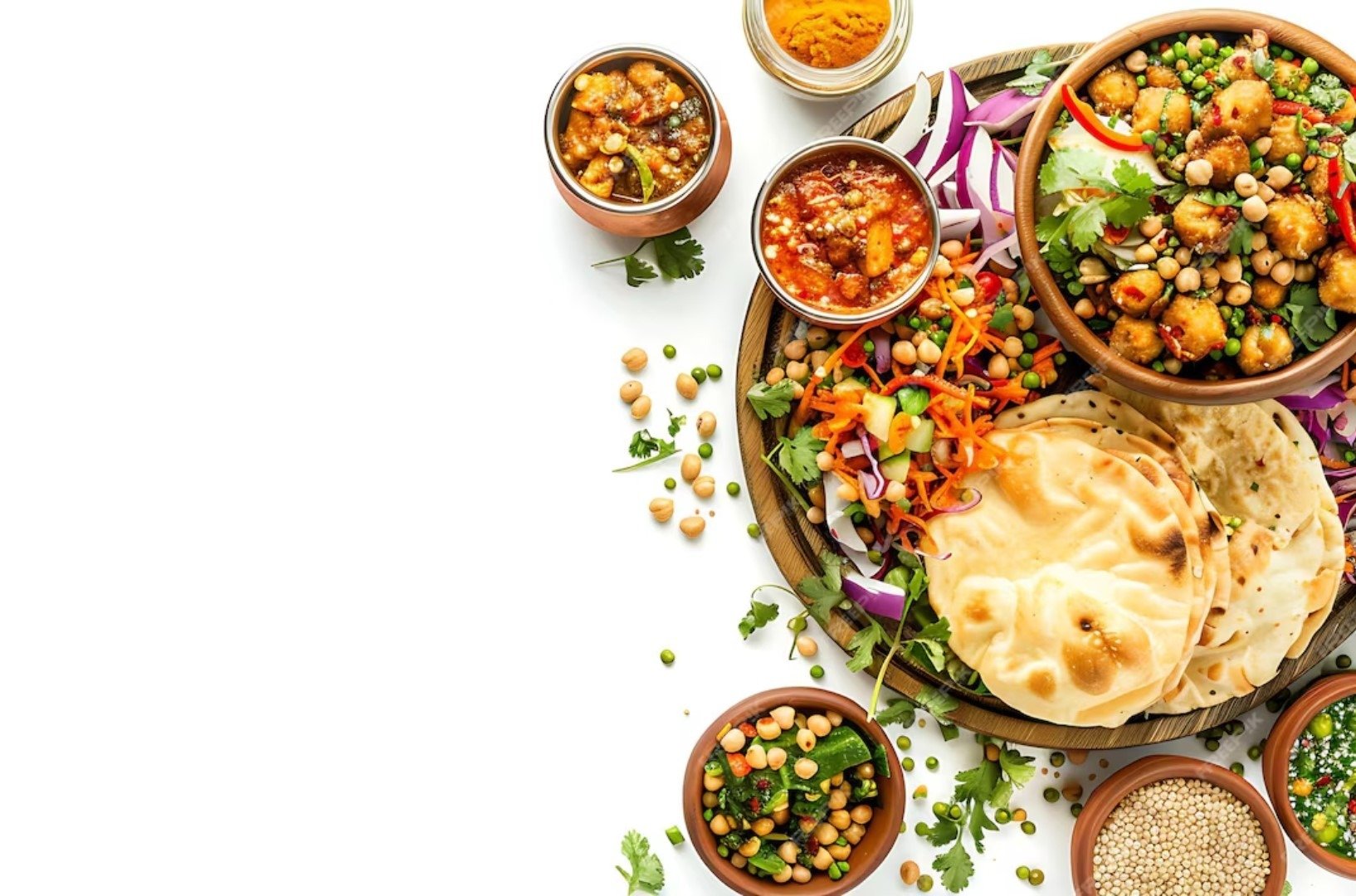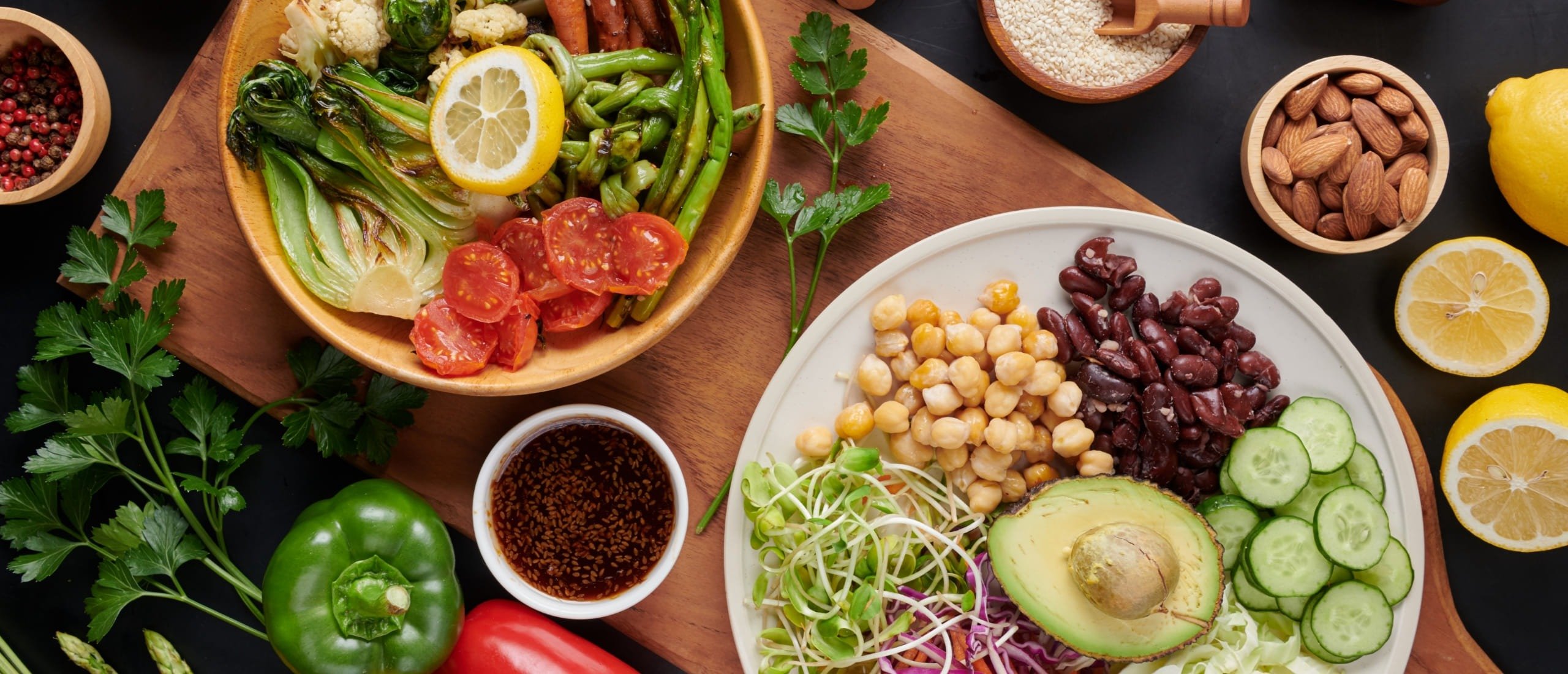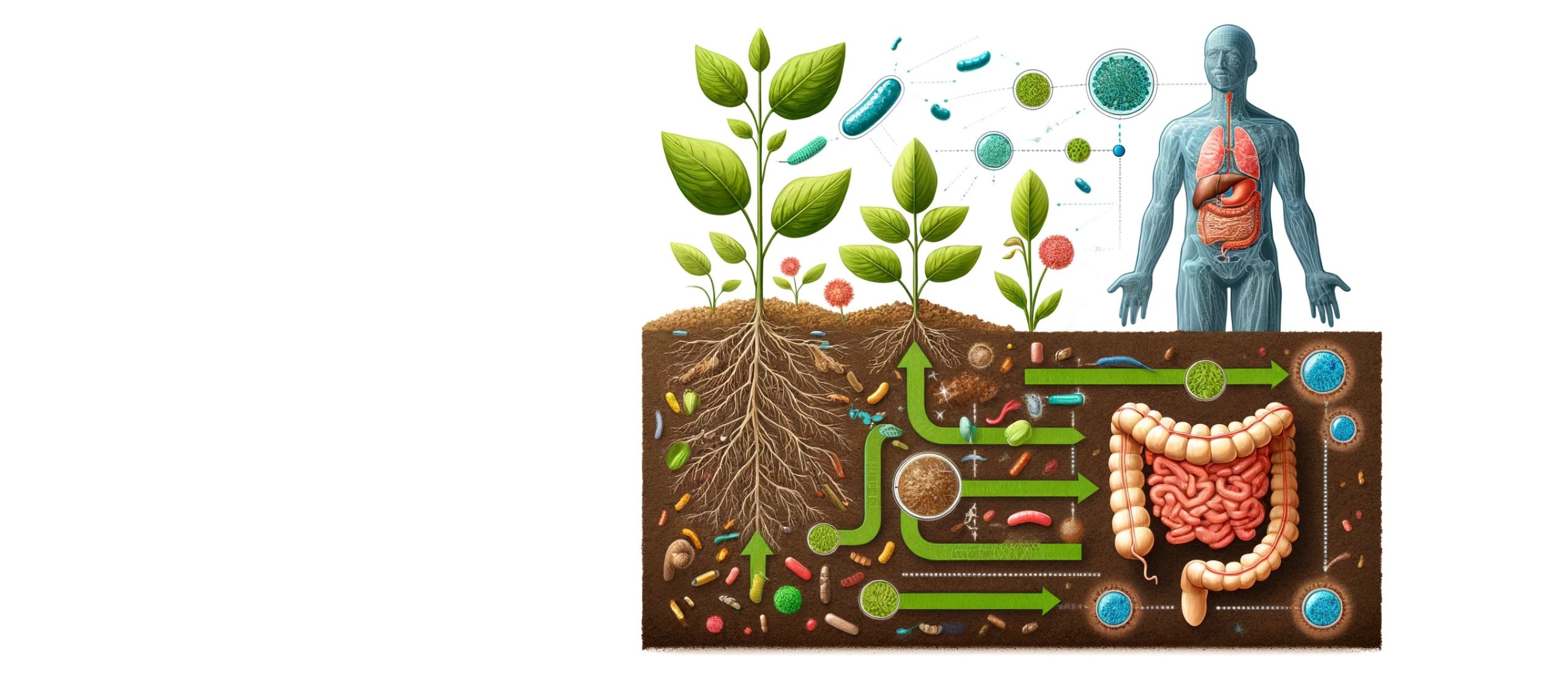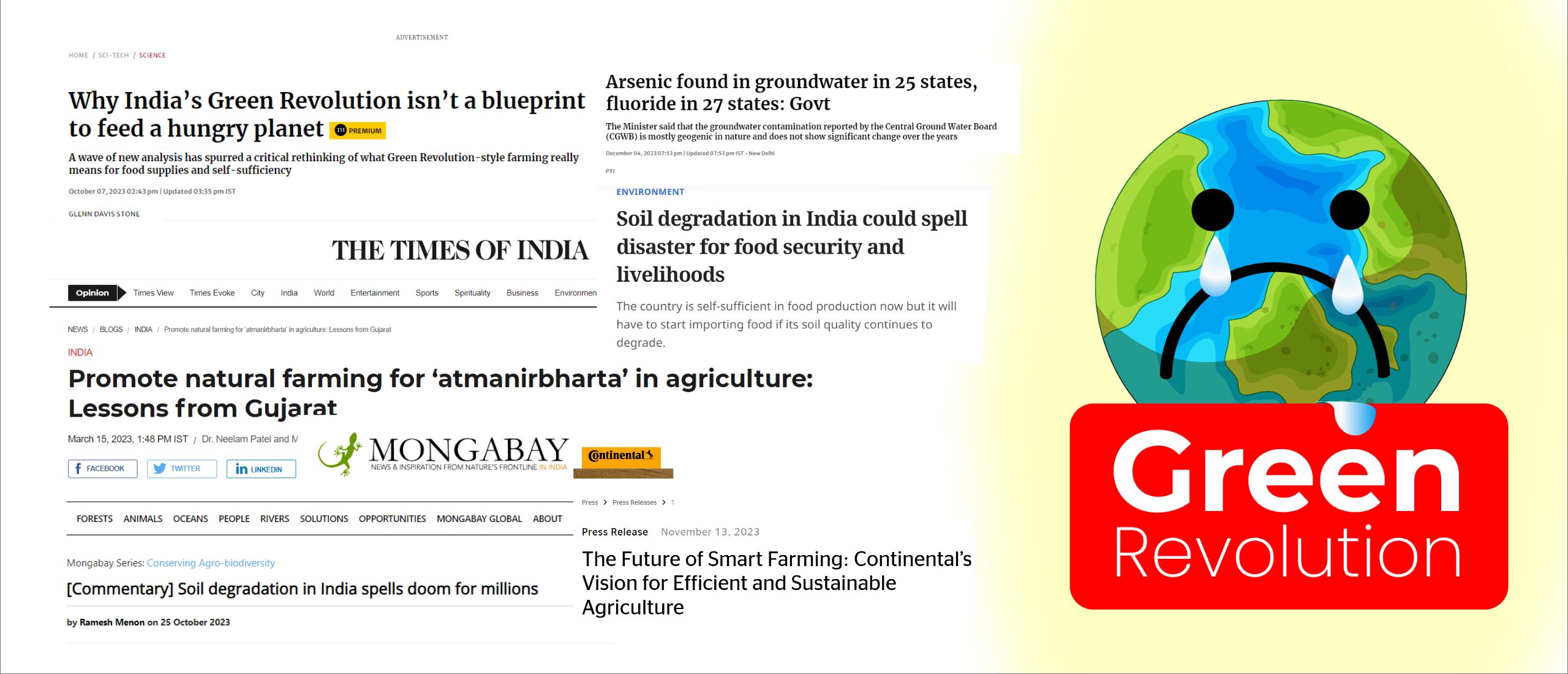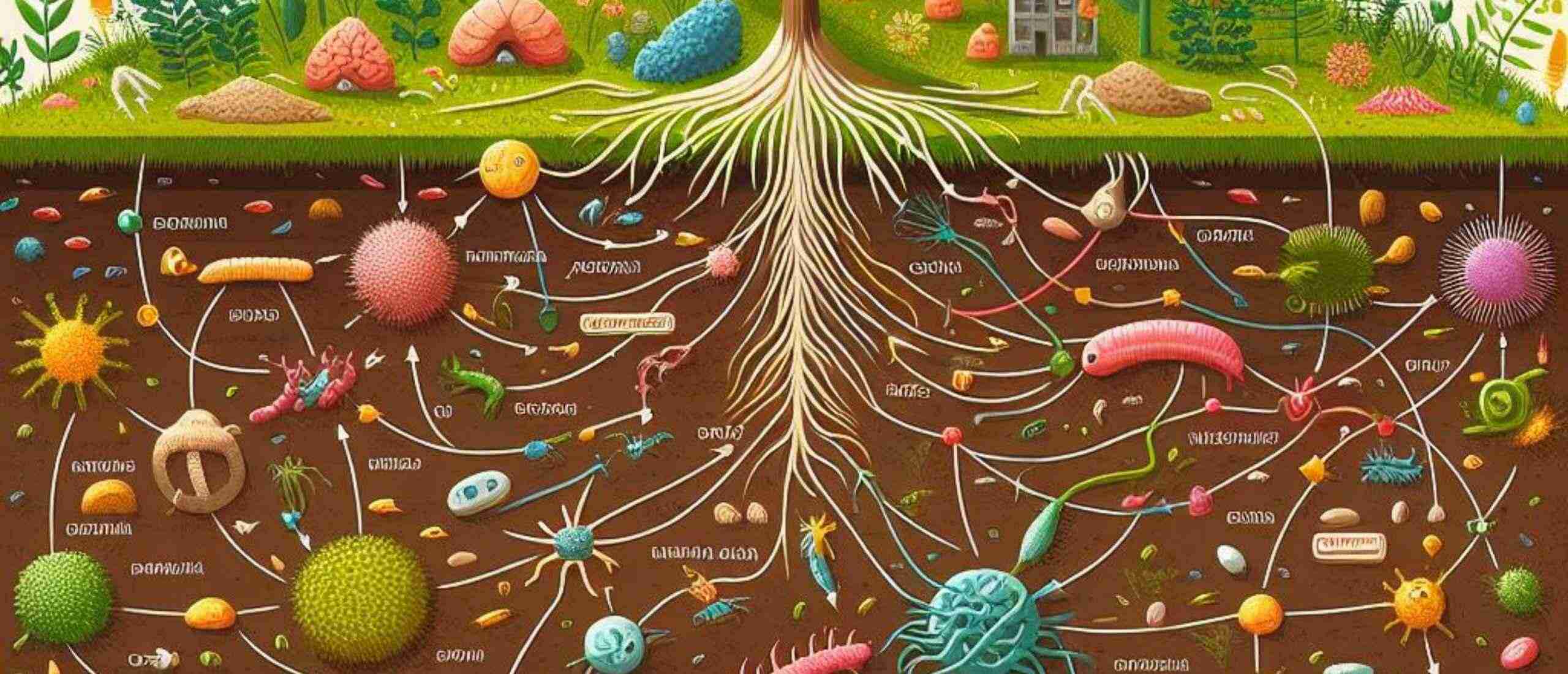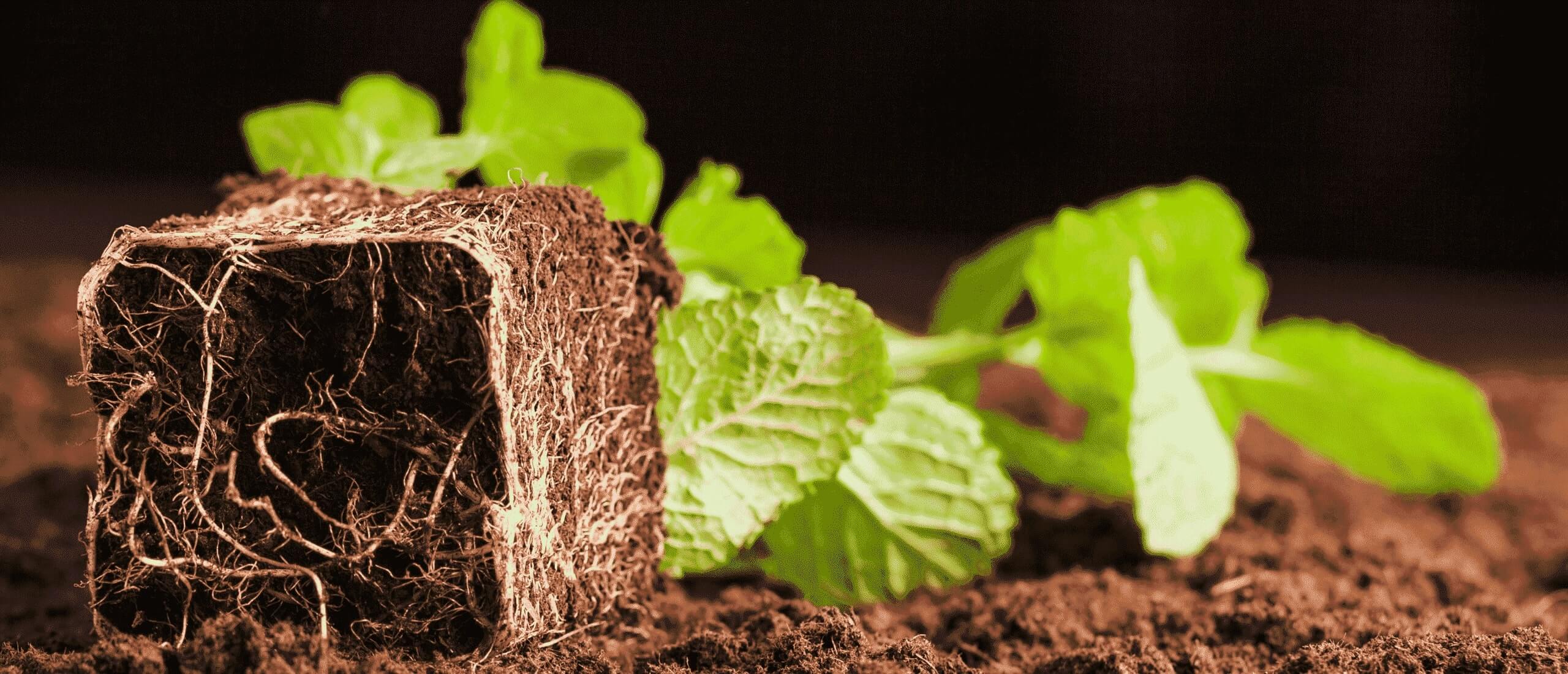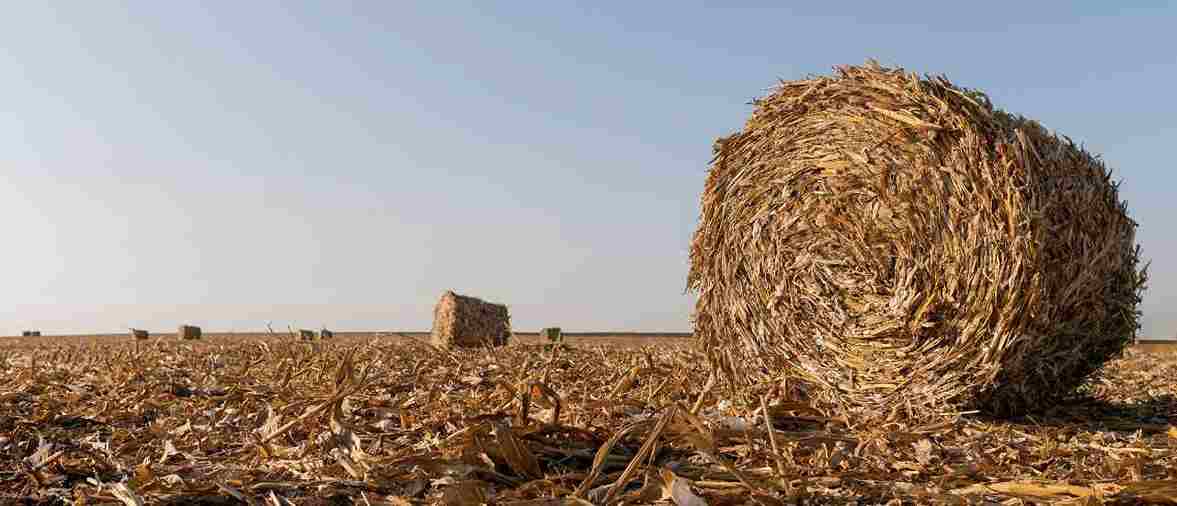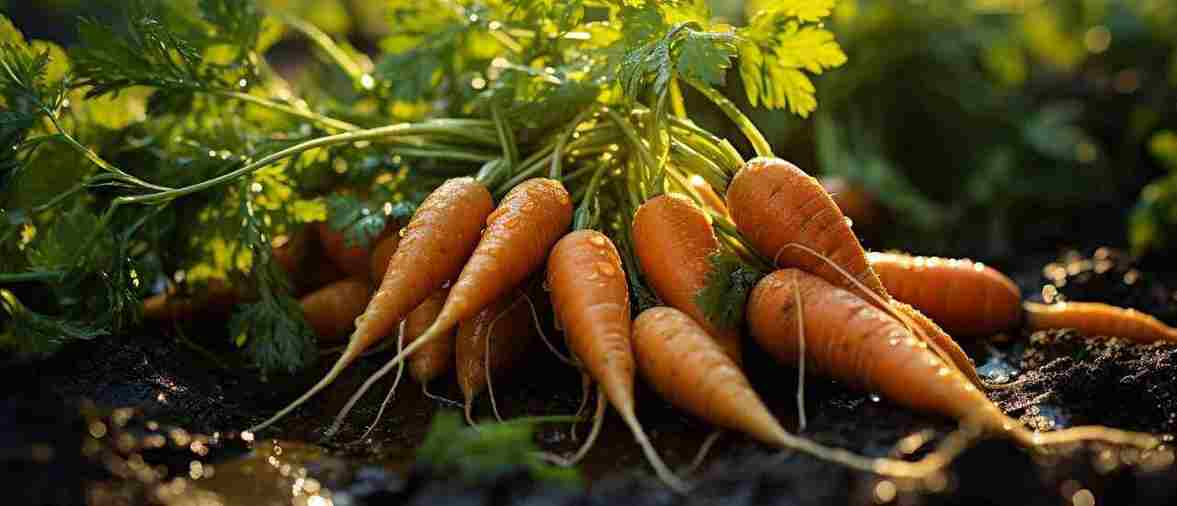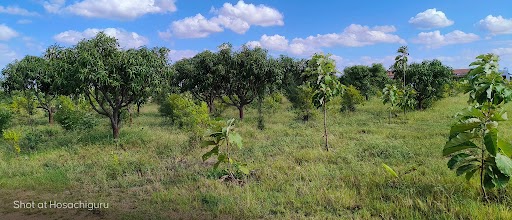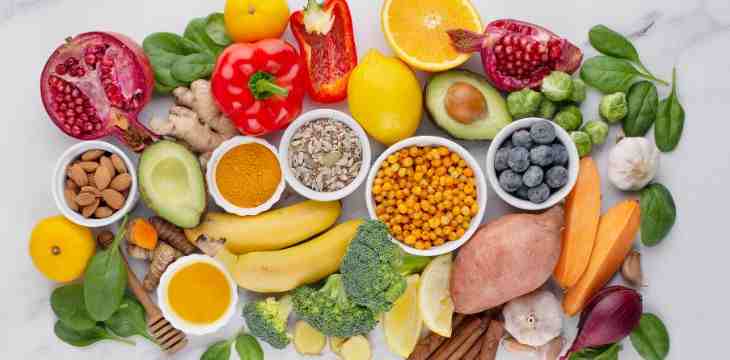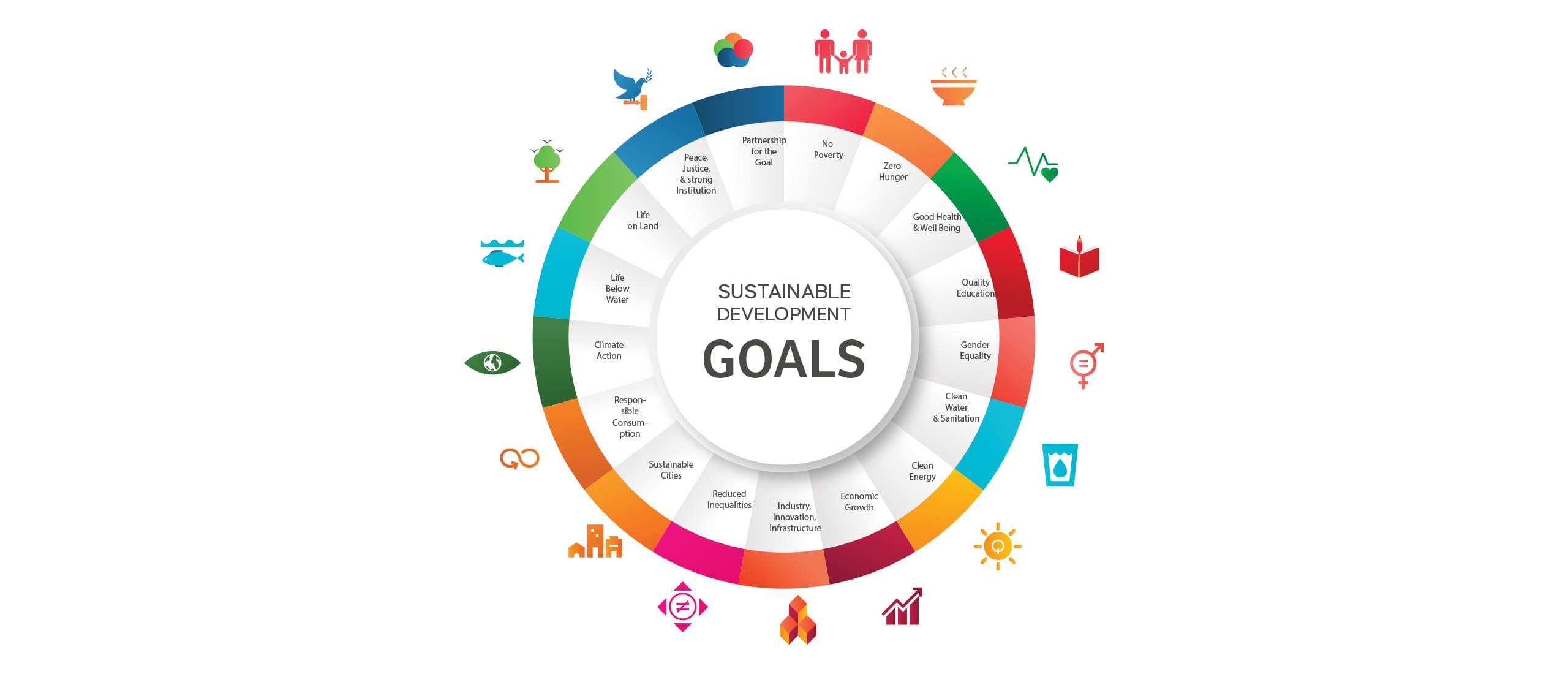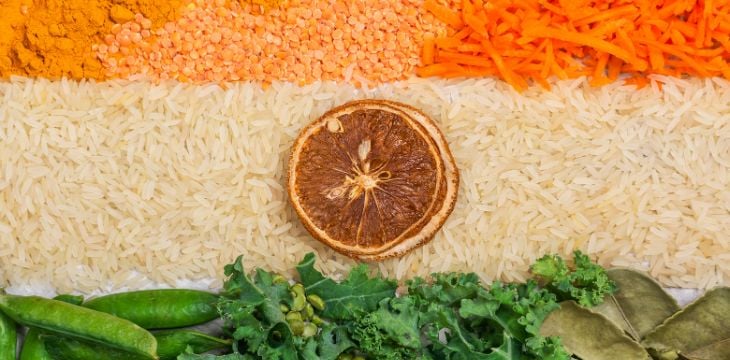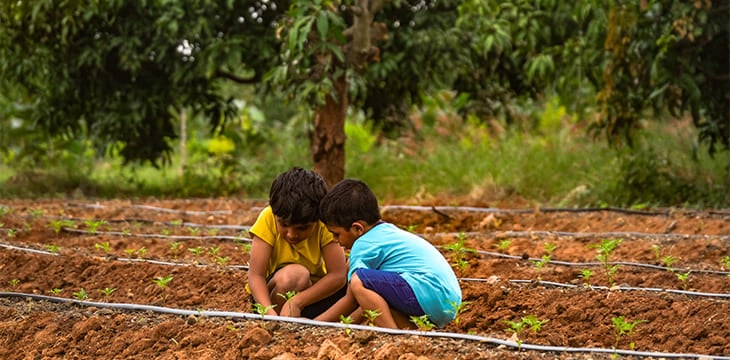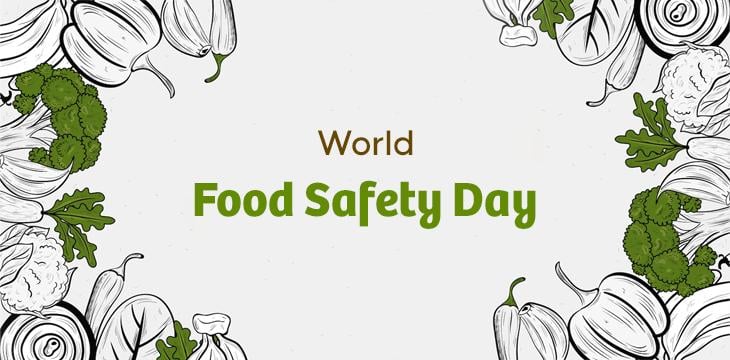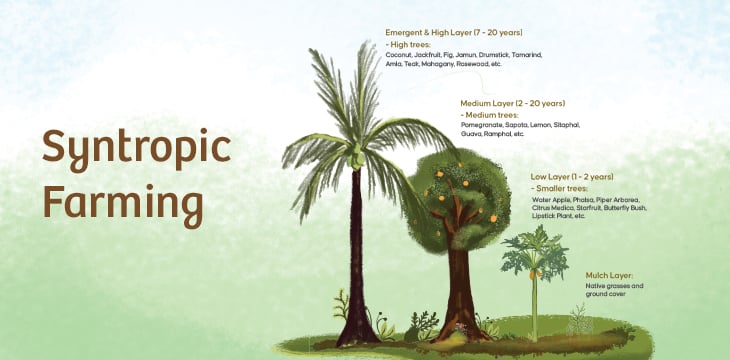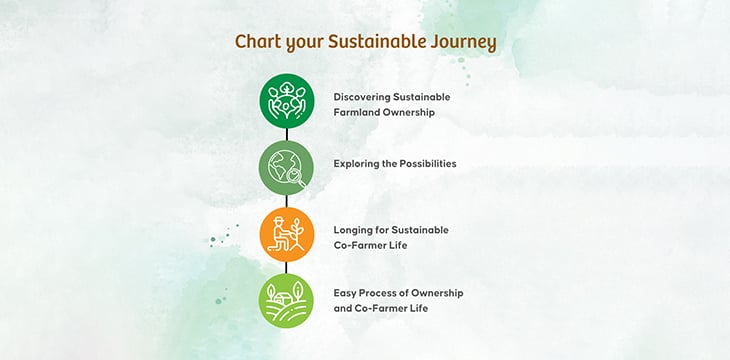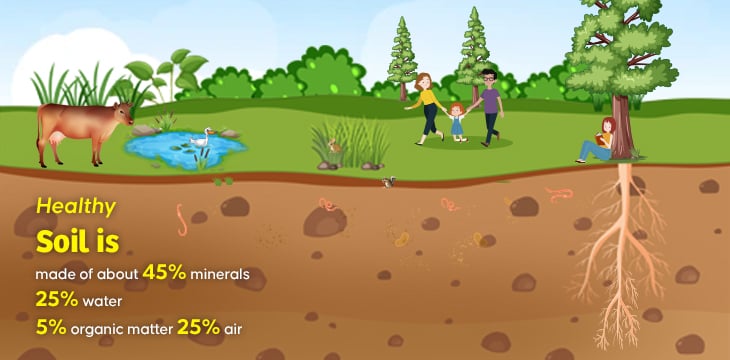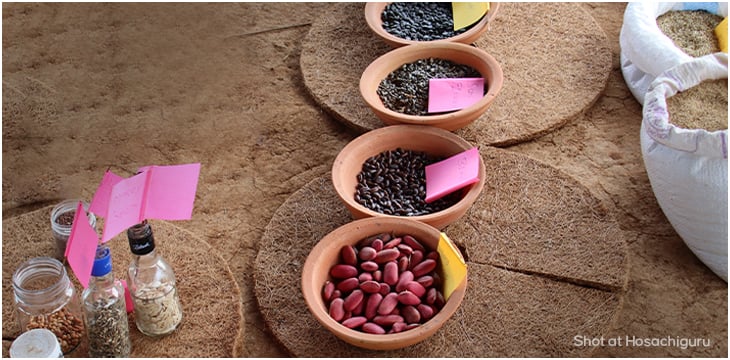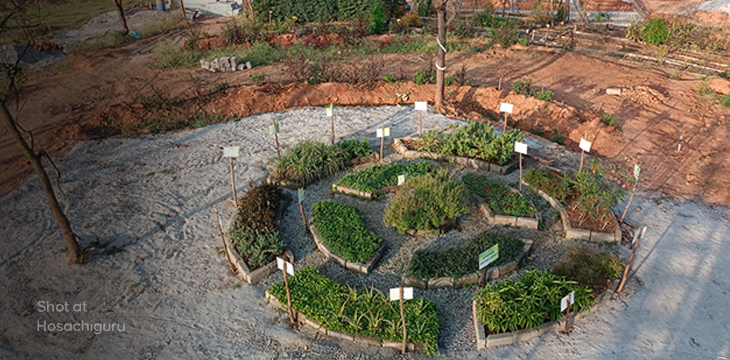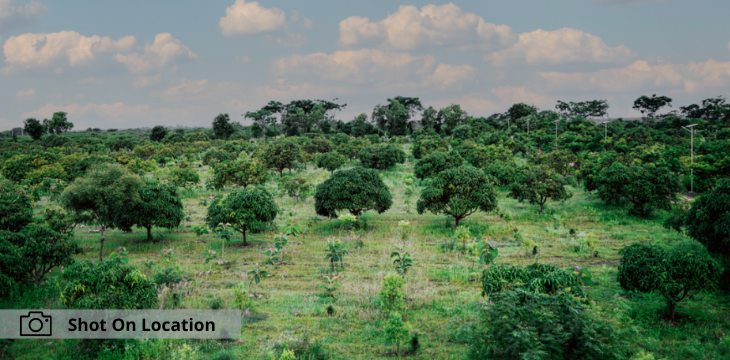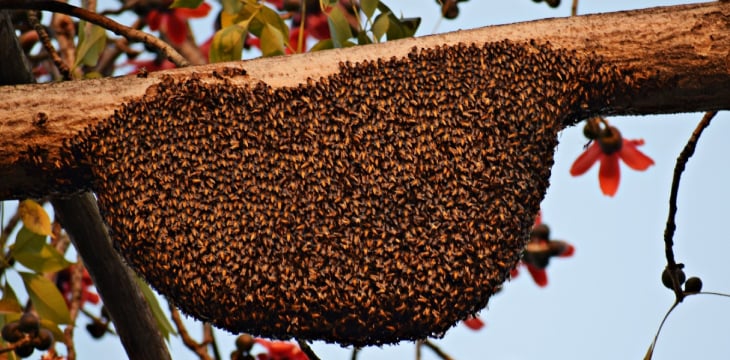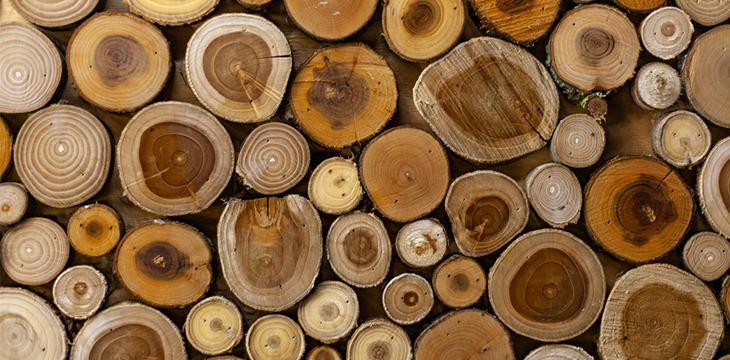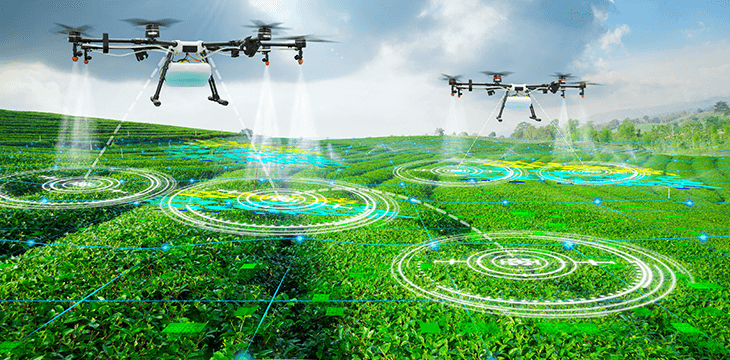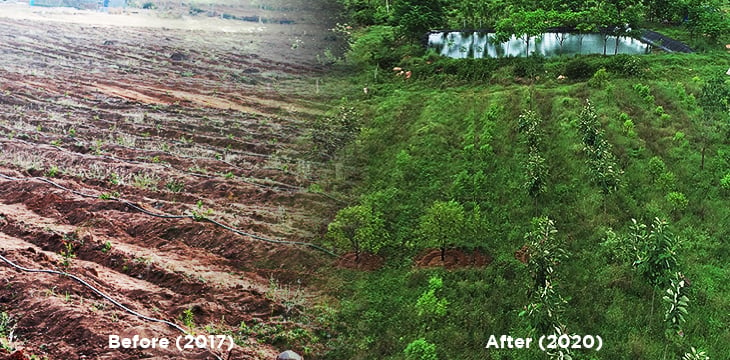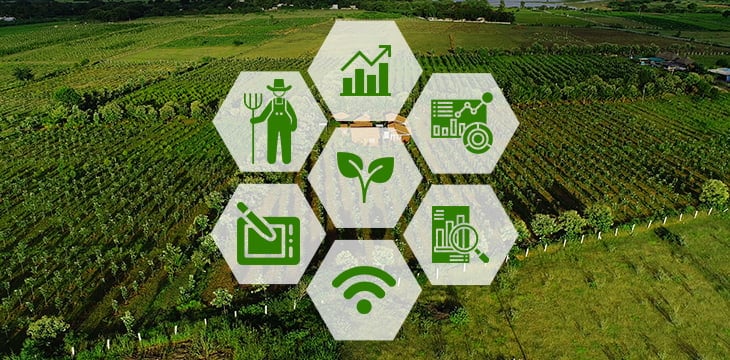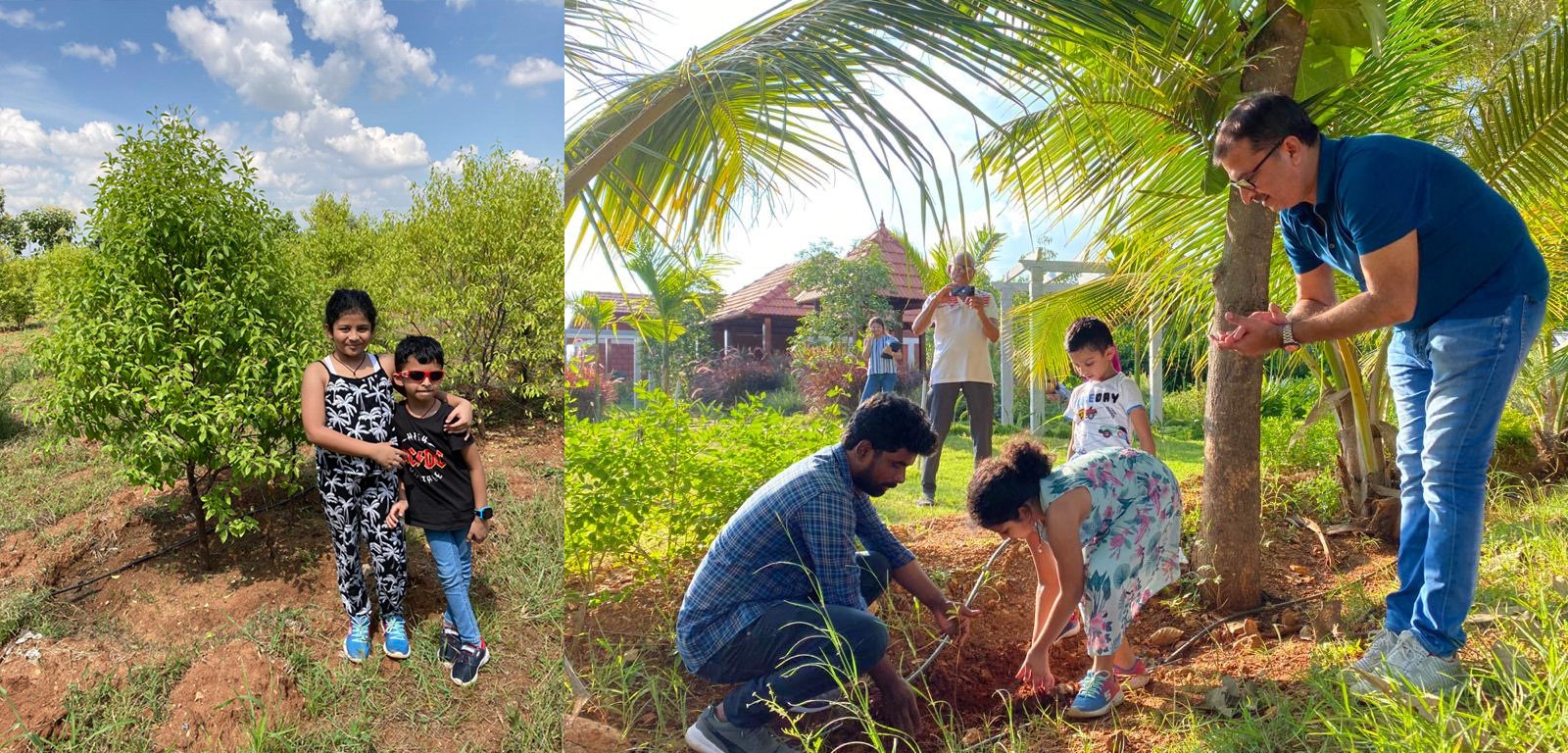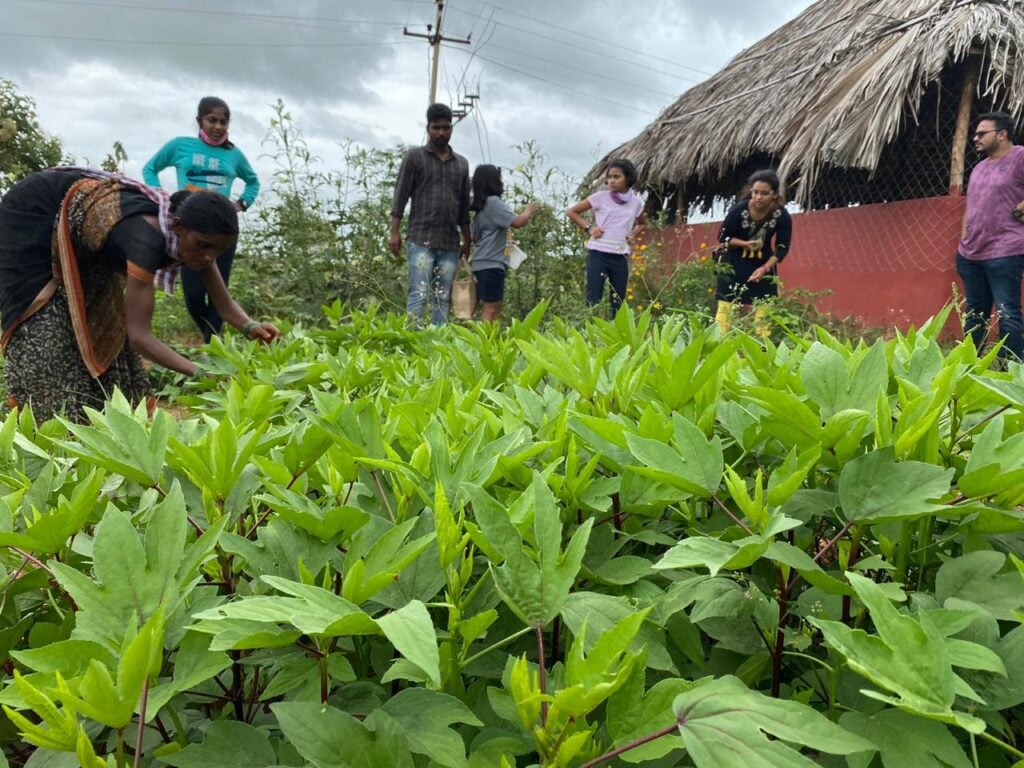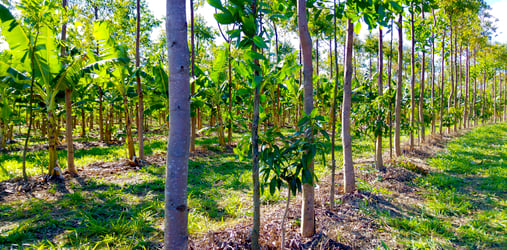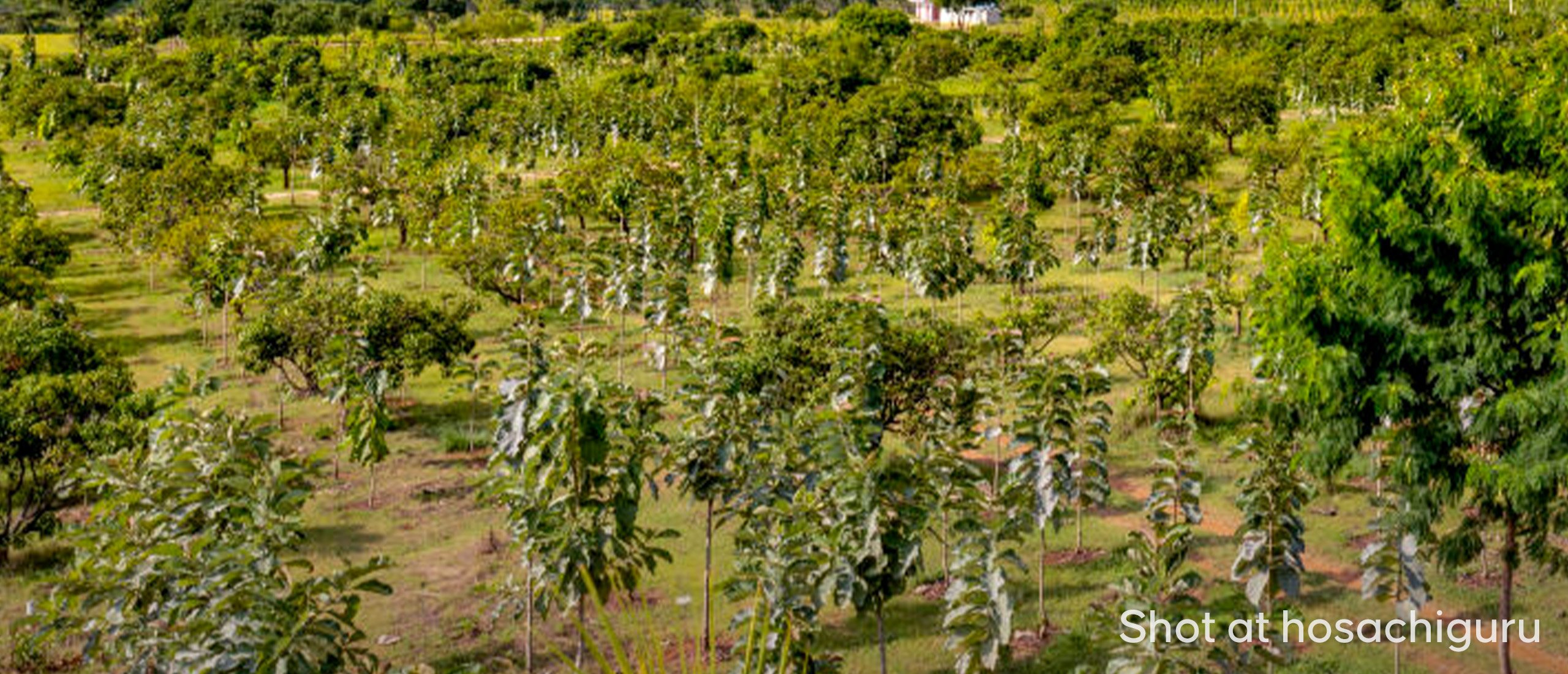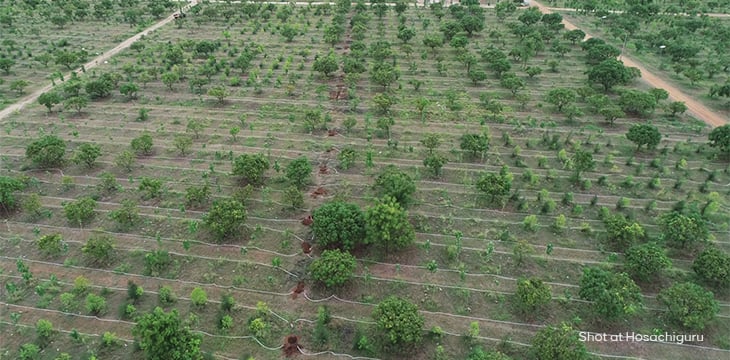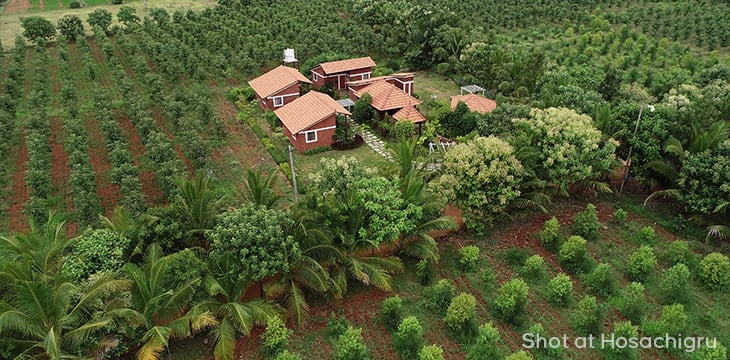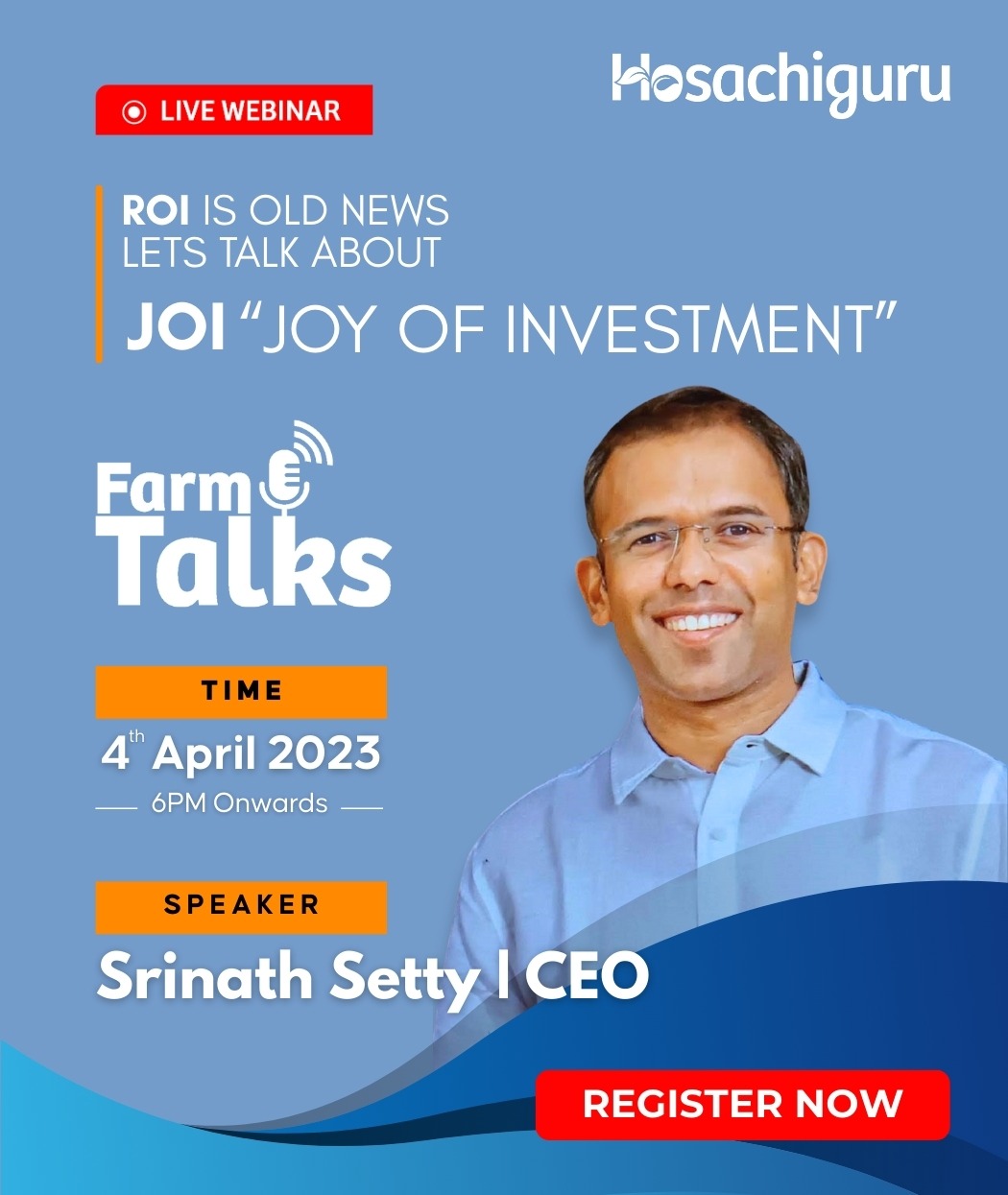September 6, 2023
Author- Srinivas Abhilash
Introduction
In today’s fast-paced world, where we’re constantly racing against time and each other to fulfill our dreams, it’s easy to lose sight of our health and well-being. Neglecting our health, particularly through poor dietary choices, can have profound consequences. Our bodies require the right kind of nourishment—food grown responsibly, processed minimally, and cooked with care—to function at their best. Each time we ignore our body’s hunger signals, we deplete its stored resources, which are essential for sustaining our daily activities.
Nutritional Deficiencies and 21st-Century Diseases
Many of the diseases plaguing the 21st century stem from nutritional deficiencies. The human body is a remarkably complex and intelligent machine. When we provide it with high-quality fuel in the form of responsibly grown, minimally processed, and lovingly prepared food, we empower it to function optimally. This investment in our health is crucial, considering we’ll be living in these bodies for approximately 70 to 100 years. It fills our cells with vitality, fostering harmony within our entire system.
The Fast-Paced Urban Lifestyle and Food Choices
When hunger strikes, our bodies don’t just crave calories; they require a blend of essential micro and macronutrients, often referred to as a complete diet. However, the demands of today’s fast-paced urban life push us to grab quick, often unhealthy meals while we’re preoccupied with meetings, presentations, and the pursuit of material success. While these achievements may garner attention in the short term, they often fade quickly. Is it wise to jeopardize our long-term well-being for fleeting happiness? Our ancestors wisely asserted that “health is wealth.” True wealth is measured in terms of time and energy, not merely in currency or material possessions. Good health provides us with an abundance of both, enabling us to accomplish monumental tasks.
Rethinking Food: From Farm to Plate
To achieve overall good health, we must rethink how we approach food—from how it’s grown and the choices we make at the grocery store to how it’s processed and prepared for our families. Eating right is a significant responsibility. Every meal we consume is essentially a vote for the kind of food that dominates the market. Capital markets are driven by supply and demand, and our food choices shape this dynamic. The more we opt for a specific type of food or a particular farming method, the more we endorse it. As individuals, we must recognize the weight of our decisions when it comes to food. What we demand directly influences product quality, and the scale of our demand dictates production methods, which can often sacrifice nutritional value for cost efficiency.
The Connection Between Nutrition and Civilization
As Joel Salatin aptly emphasizes, “A healthy civilization relies on healthy soil, and healthy people cannot thrive on junk food”. This underscores the vital connection between nutritious food and our collective consciousness, which, in turn, guides our actions toward constructive contributions that elevate our nation. Therefore, it’s imperative to take our food choices seriously as we strive to elevate our nation. It all begins with what we cultivate in our soil, what we place in our shopping carts, and what we serve on our plates.
Nutrition as the Foundation of a Prosperous Nation
To truly flourish as a great nation, we must recognize that our strength lies in our people, and the key to nurturing our nation’s potential is by providing wholesome nutrition through responsible food cultivation and processing. Nutrition serves as the cornerstone of a prosperous nation. Let us shift our focus to nutrition as we endeavor to build a strong and vibrant nation. This journey starts with our soil, our grocery choices, and the food we put on our plates.
Ensuring Nutritional Integrity: A Shared Responsibility
In our quest to maintain the nutritional value of the food we consume, a joint effort is required from both ends of the supply chain – farmers and consumers. The journey from seed to plate demands careful monitoring and conscious choices. Here’s how we can collectively contribute to this crucial mission:
1.Seed Selection: Heritage Over Hybrid
- Farmers wield significant influence when it comes to seed choices. Their decisions should lean towards indigenous or Heirloom seeds instead of Hybrid and GMO varieties. These tried-and-true seeds safeguard the authenticity of our crops, resulting in nutrient-rich yields.
- Indigenous seeds are inherently adaptable to local conditions and soil types. They possess valuable traits such as resistance to pests, drought, and floods, offering substantial advantages to farmers. Moreover, these seeds alleviate the burden on resources like water, substantially reducing input costs for farmers.
- In essence, wise seed selection not only preserves crop authenticity but also empowers farmers with resilient, resource-efficient options tailored to their specific agricultural landscapes.
2.Sustainable Farming Practices: Nurturing Nature
- The farming techniques employed hold immense significance. By embracing Natural, Organic, or Regenerative farming methods, rooted in permaculture ethics and principles, farmers for sure can reap the long-term benefits in terms of reduced operational costs, less use of natural resources, and recurring harvests that help in rotating the capital for small and medium scale farmer. These approaches harmonize with the environment, safeguarding the nutritional integrity of the soil and crops.
3. Chemical-Free Harvest: Natural Preservation
- After the harvest, it’s crucial to steer clear of chemical-based preservatives. We should let our agricultural produce shine in its unadulterated glory, devoid of synthetic additives meant to extend shelf life. This commitment ensures that we enjoy healthier, untainted food on our tables.
- Synthetic preservatives, designed to prolong the shelf life of packaged food, have a direct impact on human longevity. It’s a simple equation: the longer the shelf life of your food, the shorter your own life span.
- In essence, the longevity of our food inversely correlates with our own. Opting for foods with extended shelf lives may seem convenient, but it comes at a cost—reduced quality and nutritional value. By choosing fresh, chemical-free options, we not only savor superior flavors but also contribute to our own well-being and longevity.
4.Mindful Cooking: A Return to Tradition
- As consumers, our active role begins in the kitchen. Consider cooking in clay vessels, reminiscent of ancient wisdom. If not clay, explore traditional materials like pure Kansa (an Indian name for bronze), known for its food-safe properties. Unlike copper or brass, Kansa remains inert when exposed to acidic foods, preserving the nutritional value of your meals.
5. Steer Clear of Harmful Cookware
- Stay informed about your cookware choices. Aluminum vessels and pressure cookers should be avoided, as they can leach unwanted substances into your food. Similarly, exercise caution with non-stick cookware, which may release harmful chemicals when heated.
By aligning our choices with these principles, we safeguard the nutritional content of our food at every stage of its journey, from the moment a seed is sown to the meal we savor. It’s a shared responsibility, where farmers and consumers unite to preserve the health and vitality of our culinary traditions. Let’s embark on this nutritious and flavorful adventure together, nurturing our bodies and our planet along the way.
Conclusion: Nutrition, the Pillar of a Flourishing Nation
In this fast-paced world, where our dreams drive us forward, we mustn’t lose sight of the essence of our well-being. Neglecting our health, especially through subpar dietary choices, carries profound consequences. The nourishment we provide our bodies holds the key to our vitality, resilience, and longevity.
The 21st century presents us with an opportunity to bridge the gap between fleeting desires and lasting well-being. Nutritional deficiencies underpin many modern diseases, but we possess the wisdom to address this challenge. It begins with choosing nutrition over mere calories, favoring indigenous produce over hybrid and GMO, and monitoring our daily choices with unwavering commitment.
This collective effort extends beyond personal health; it shapes the very foundation of a stronger, more enlightened nation. Food grown from nutritious indigenous seeds, cultivated with clean farming practices, and free from preservatives elevates our consciousness, fostering a refined taste for a higher purpose. As individuals, we become participants in intellectual pursuits that lay the groundwork for a great nation.


